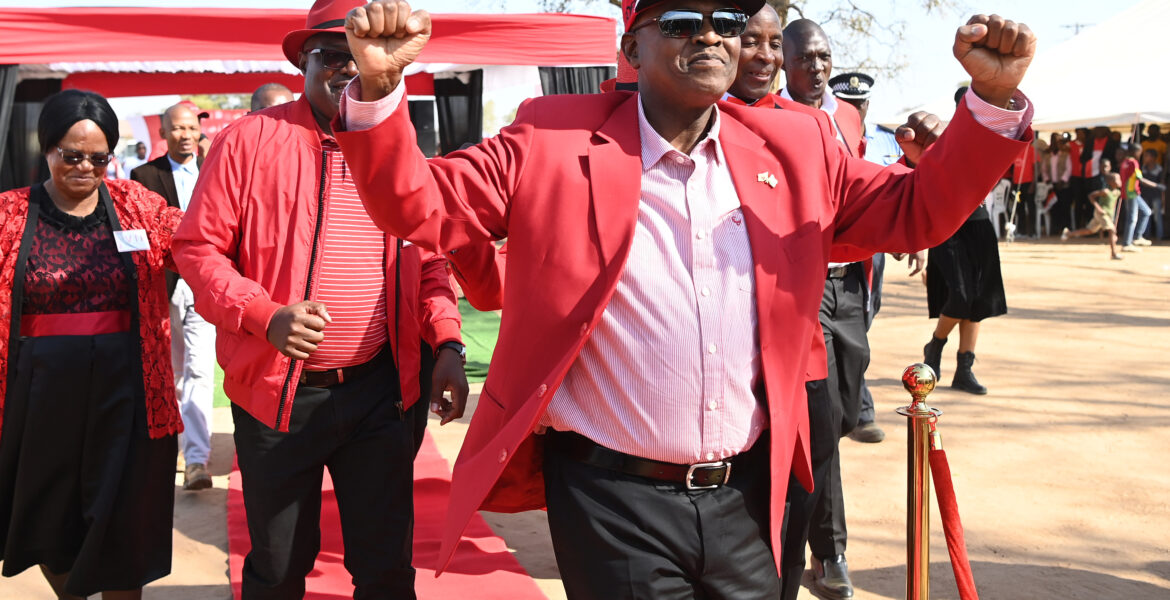- There is little support for Masisi’s preferential treatment for women
- No full backing for proposed VP changes either
- But aspects of changes in Bulela di Tswe may pass
LETLHOGILE MPUANG
The Botswana Democratic Party (BDP) will host its 59th National Council & Extraordinary National Congress this weekend in Palapye where insiders say new reforms sought by the leadership are likely to divide the party.
According to sources, some of the new proposed reforms include preferential treatment for women in primaries ahead of 2024 general elections. A change in Bulela di Tswe processes and in the nomination process of the country’s Vice President are also on the agenda for tabling.
“We believe that some of the reforms are meant to favour some people in the party,” a source told The Botswana Gazette. “If we see the need to oppose them we will surely do so.”
Bereft of universal support
Clearly bereft of universal support, even some members of the Central Committee (CC), it feared that some of the proposed reforms could render the party divided at a crucial time with the next general elections due next year.
While the proposed preferential treatment for women is self-evident for enhancing representation of women in Parliament, it said to be controversial. The idea is for the party wave primary elections where females are contesting with males but to have them where women face each other.
Regarding the vice presidency of the country, the Constitutional Review Commission has recommended that the Vice President must step down as a member of the National Assembly upon endorsement by the National Assembly and a bye-election to fill the vacancy thus created held within 90 days.
Bulela di Tswe
President Masisi is believed to be among those in favour of this recommendation and has openly spoken about it in a number of BDP engagements.
With changes in BDP primaries being on the agenda of the National Council & Extraordinary National Congress, it is understood most regions prefer the consensus and compromise model for deciding candidates for Parliament to the current first-past-the-post method of Bulela di Tswe.

